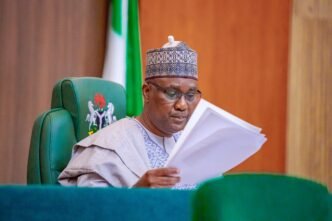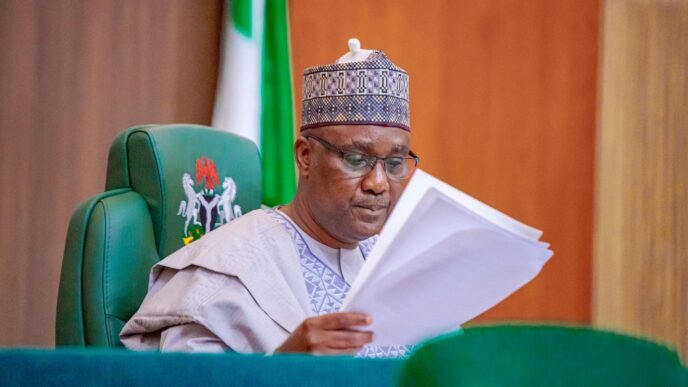The “Agro-Processing Export Free Trade Zone, Kebbe, Sokoto State (Establishment) Bill, 2025” (HB.2483) has been introduced in the Nigerian House of Representatives, marking its First Reading. The bill is sponsored by Hon. Abdussamad Dasuki, who represents the Kebbe/Tambuwal Federal Constituency in the 10th National Assembly.
Hon. Dasuki, a returning member from the 8th Assembly, previously served as the Chairman of the House Committee on Navy and held the position of Commissioner of Finance in the Sokoto State Government. His legislative focus includes youth empowerment and rural development, underscoring his commitment to local economic growth.
Although the full text of the bill is not yet available, its bill indicates a clear purpose: to establish an Export Free Trade Zone in Kebbe, dedicated to agro-processing. This initiative aims to create a business-friendly environment that encourages investment in the agricultural sector. With a focus on processing local produce such as millet, onions, garlic, and sorghum, the proposed zone aligns with the Sokoto State government’s goals to add value to its agricultural output.
The timing of the bill is particularly notable, coinciding with the Sokoto State government’s “Business-Enabling Reform Action Plan (BERAP) 2025.” It also reflects a national movement to repeal outdated export prohibition laws, signaling a concerted effort to enhance the agricultural trade landscape and promote non-oil exports within Nigeria.
As it currently stands, the bill has just completed its First Reading, which serves as a formal introduction without debate. Here’s a brief overview of the legislative process it will need to navigate:
- Second Reading: This stage is critical, as members will debate the bill’s principles and objectives. A majority vote will allow it to progress.
- Committee Stage: The bill will be referred to relevant committees for detailed examination and potential amendments, along with public hearings to gather stakeholder input.
- Committee of the Whole: The bill will undergo clause-by-clause consideration, leading to a vote on proposed amendments.
- Third Reading: A final version of the bill will be presented for a decisive vote.
- Transmittal to the Senate: If passed by the House, the bill will move to the Senate for a similar review process.
- Presidential Assent: Upon approval by both chambers, the bill will be sent to the President for assent, before becoming law if signed.
The bill is at the beginning of its legislative journey, and its success will depend on navigating these stages in both the House and Senate, as well as receiving the President’s approval. If successful, the establishment of the Agro-Processing Export Free Trade Zone could significantly enhance economic opportunities for local farmers and contribute to the diversification of Nigeria’s economy.













